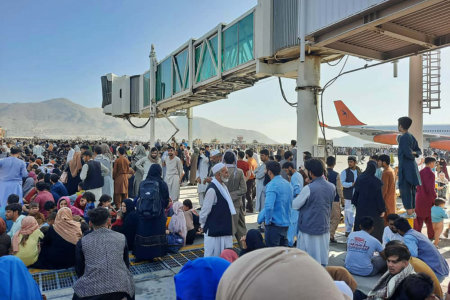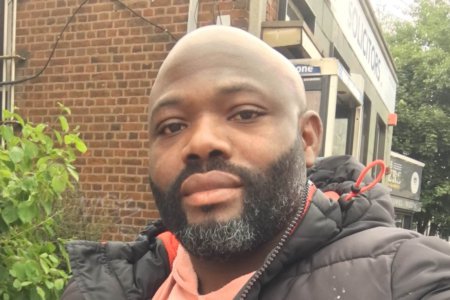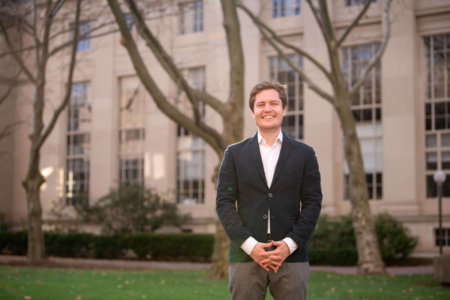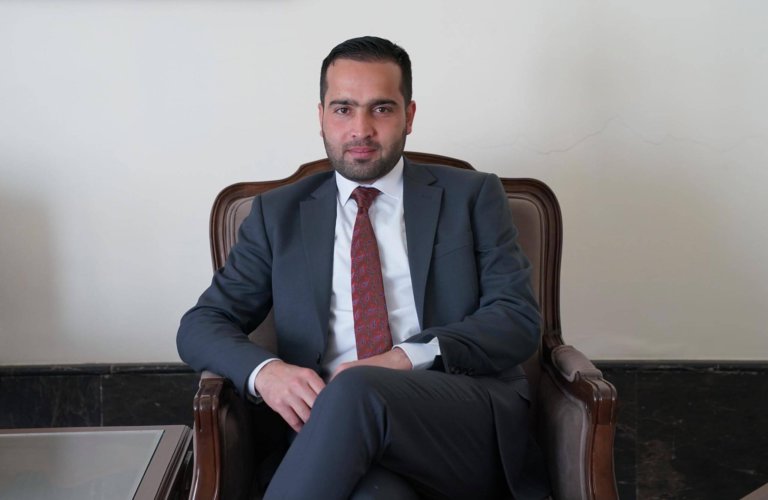
Abdul Basit Amiri, a Fulbright scholar, had barely settled down in the US before he saw his home country — Afghanistan — fall to the Taliban. He had arrived in Nashville on August 5 — just 10 days later, he would see the Taliban government reverse two decades worth of progress.
“I have seen women businesses. They were very happy. They could gain or increase their incomes. They were helping others because they were employing other women to work with them. But now, the women are not allowed to go out and do their jobs,” Amiri told News Channel 5 Nashville.
What worries him most is his family’s safety. His brother is still in Afghanistan, with two young children. Guilt floods Amiri as he’s not physically there to help.
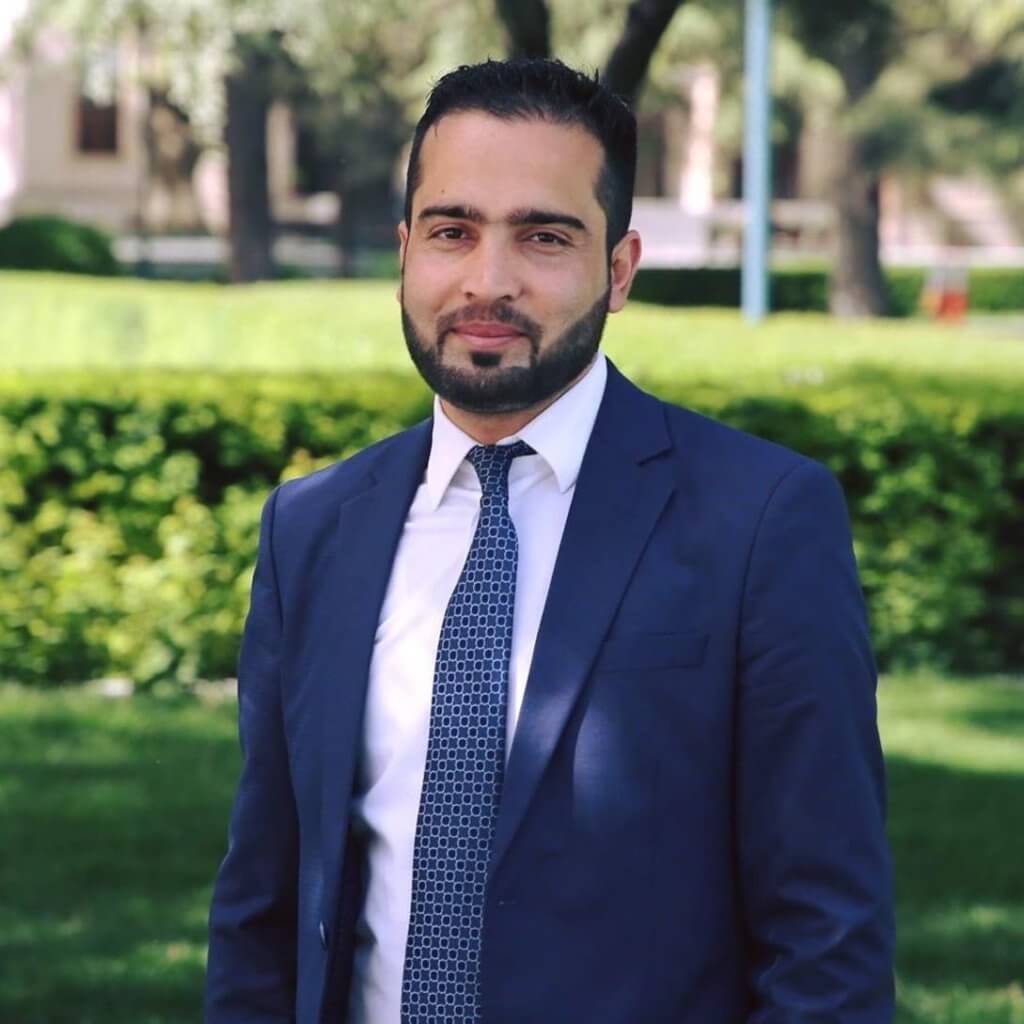
This Fulbright scholar is determined to keep a positive mindset for his future, his family, his country and his studies. Source: Abdul Basit Amiri
Still, Amiri is determined to stay positive. He had applied twice and went through extensive interviews to win his Fulbright scholarship — he plans to draw on this resilience even if his future, as well as his family’s and his country’s, are uncertain.
We caught up with Amiri to learn more about his journey thus far and his future plans:
Tell us about your interest in economics and why you chose to pursue this at Vanderbilt University.
I have a bachelor’s degree in economics. The things that inspired me to study economic development comes what I learned from many Afghan enterprises, official and personal visits of many Afghan companies in diverse regions of the country and my experience working in the Ministry of Agriculture.
Furthermore, it was one of my dreams to play a positive role in the economy of my country and people. I chose Vanderbilt University because it is among the top unis in the US and has specialised programmes in the field.
Walk us through your Fulbright Scholarship application. What made you apply?
Back in 2015, I saw administrative corruption in the organisation I was working at. At that time, I thought that if I were a deputy minister or even just a minister, I could bring more changes and reforms.
The incentive to fight the administrative corruption, racist behaviour in the recruitment sector and gender preferences (officials preferring to appoint women for sexual enjoyment) spurred me to want to study abroad.
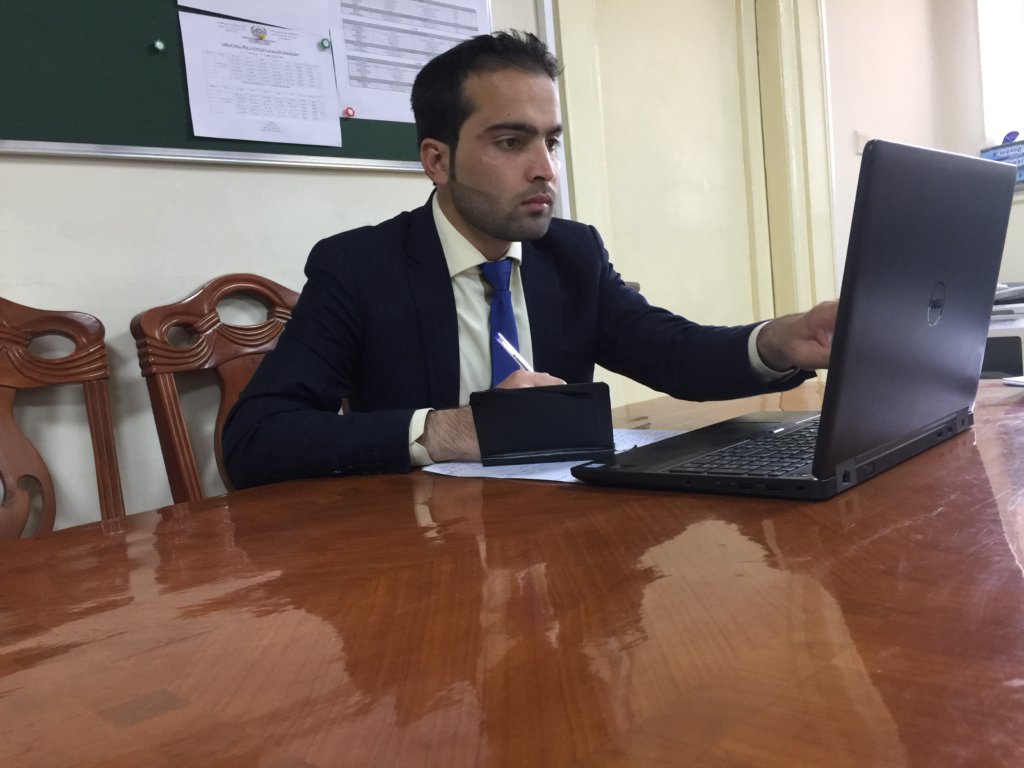
“It was one of my dreams to play a positive role in the economy of my country and people. I chose Vanderbilt University because it is among the top unis in the US and has specialised programmes in the field,” Amiri says. Source: Abdul Basit Amiri
This then led me to the Fulbright scholarship where I would be able to take up a decision-making position upon return to my country.
What are you liking most about life in the US thus far?
I feel like the US is home to the world, especially for international students. Being in such an environment where I’m encouraged to show my culture and how hospitable my people are is refreshing. Moreover, I will have the chance to learn about other people’s cultures from the US and around the globe.
List some of your favourite things about the country.
First, it’s easy to build your network and make new friends because there are so many international students. Secondly, I enjoy visiting new places and watching new and modern technology being used. Third, I like the transportation system in the US.
What plans do you have after you graduate?
My plans before were to return to my country as a Fulbrighter with extensive academic knowledge of policy development, research skills and networking. I wanted to work closely with the Ministry of Commerce and Industries to enrich the existing strategies and create new policies for the improvement of SMEs.
I wanted to act as a bridge between the private sector and the government agencies responsible for facilitating business and investments that are positive for Afghans and the economy.
However, after the sudden fall of my country and losing two decades of achievement and development, I am speechless and cannot think about what to do or even plan for a future.
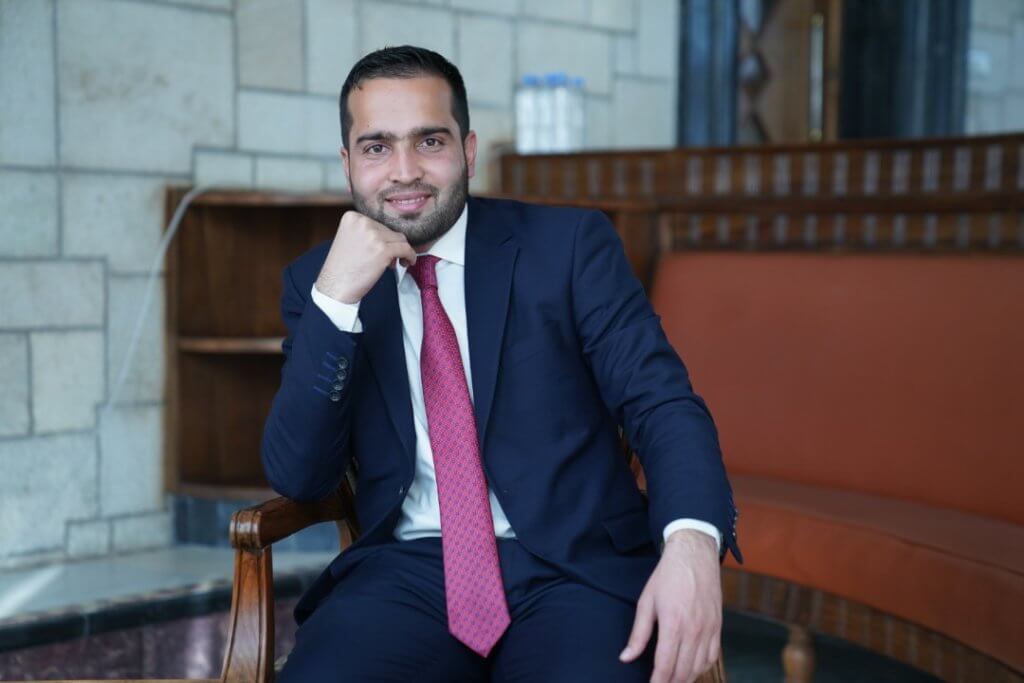
It’s easy to build your network and make new friends, according to Amiri. Source: Abdul Basit Amiri
Do you have any advice for international students who want to apply for a Fulbright Scholarship?
My message to international students who want to apply is that this is a great opportunity. The Fulbright application is a highly competitive process where its requirements play a distinct role in an applicant’s selection.
Having leadership qualities, being passionate about your field of study, and demonstrating your intended impact upon return are primary attributes. These are what the selection committee seeks in a successful applicant.
Is it hard for you to order food or converse with the locals?
I think it’s not hard but it’s better to know someone through someone else and start a conversation from there to build a great network.
What about food? Can you tell us your most and least favourite?
There are quite big differences between food in Afghanistan and the US. I tried some Indian foods here which were very spicy. I also tried Thai food and sometimes, I eat fast food.
Lastly, give us three fun facts about yourself.
First, I like exercising and my favourite sport is boxing. Second, I usually want to make new friends and boost my personal and professional network. Last but not least, I like to take as many self-portraits as I can.








